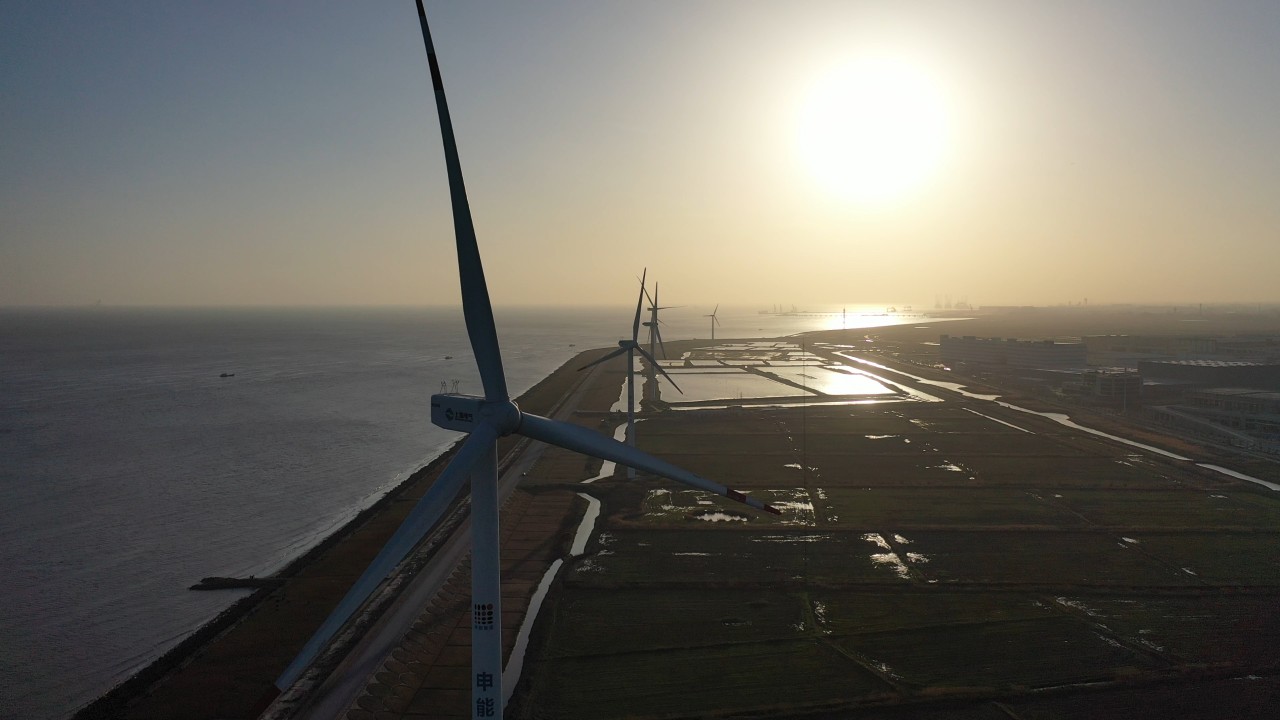
How Hong Kong’s capital markets can push companies’ net-zero drive
- Amid growing global momentum, HKEX is taking the lead in Hong Kong with stricter environmental, social and corporate governance disclosure requirements – but guidance, education and help is also needed
In a year when the world has focused on the Covid-19 economic recovery, the more significant challenge remains at large – creating a sustainable, long-term growth path for the world economy.
These COP26 commitments add to growing political momentum around the globe.
China, South Korea and Japan – which account for around one-third of global emissions – have committed to reaching carbon neutrality by 2050 at the earliest or 2060 at the latest.
Though very welcome, the commitments from leaders and policymakers across the globe beg the question of what’s next and can we now push for more?
How do we translate commitments into tangible actions and a solid road map with clear key performance indicators? That’s where capital markets come in: they have a crucial role to play in driving companies along the path to net zero.
Climate crisis: investors have key role to play in shift to green finance
Global financiers and investors have shown they are ready and willing to finance companies that want to build a better future.
More than 450 financial institutions, including banks, exchanges, asset managers and insurers, have committed to aligning investments, services and products to achieve net-zero emissions by 2050 as part of the umbrella association, Glasgow Financial Alliance for Net Zero (Gfanz).
And Hong Kong Exchanges and Clearing is delighted to join this initiative, leading the way among our community and all our stakeholders.
As a regulator, operator and listed company, we see ourselves as a change agent providing the framework, guidance, resources and support needed to help investors and issuers embark on their journey towards low carbon, drive the sustainability agenda in Hong Kong and Asia, and establish Hong Kong as a global sustainable finance hub.
And we want to bring companies on board for the transition to net zero.
As a first step, disclosure is crucial to help management and investors gauge carbon footprints, identify material non-financial risks, and set strategies that can help companies transition to net zero.
How Hong Kong can lead Asia on climate change through innovation
As momentum builds to drive the net-zero transition, Hong Kong businesses – big and small – can all play a part, but there is still much room for improvement, and we need to see action now.
Despite high-profile commitments from some of Hong Kong’s larger companies, a recent study by The Green Earth, a Hong Kong-based environmental advocacy body, found that 47 per cent of the constituents of the Hang Seng Index have yet to set targets to reach carbon neutrality by 2050.
Asking companies to improve is important, but guidance, education and help is also needed. HKEX is committed to playing a vital role in the journey ahead: we have just released the “Guidance on Climate Disclosures” to help companies meet their targets on climate-related reporting, with a series of practical steps.
With this and our commitment to Gfanz, we are adding to the growing global momentum to tackle climate change. Capital markets are an essential part of a global climate solution and together, as investors, issuers and market operators, we can realise our sustainability goals and address the most pressing challenge of our generation.
Now, it’s up to all our market constituents, large or small, based in mainland China, Hong Kong or internationally, to take action.
Addressing the challenges may seem an insurmountable task. And it will, over time, require substantial investment, constant innovation, open minds and wide-ranging behavioural changes. But it is achievable, and we can deliver a future for the next generation and beyond. We have a net-zero future to win, so let’s take action now – together.
Laura M. Cha is chairman of Hong Kong Exchanges and Clearing




